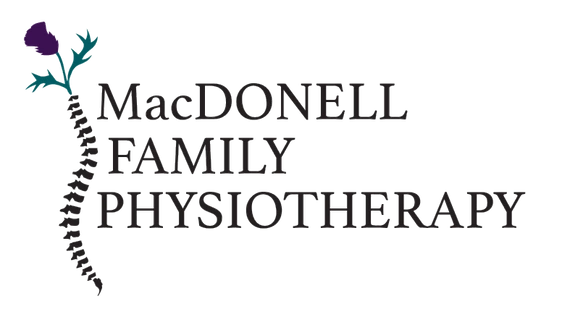CHEW ON THIS! TALKING: TMD/JAW DISORDERS

The temporomandibular (tem-puh-roe-man-DIB-u-lur) joint (TMJ) acts like a sliding hinge, connecting your lower jaw to your skull just in front of your ear.
Injury to the jaw, such as a heavy blow or whiplash, can lead to temporomandibular joint disorders (TMD).
Other Causes of TMD May Include:
- Grinding or clenching teeth, throughout the day or while sleeping
- Arthritis in the joint
- Stress, causing tension in the jaw muscles
- Hyper-mobility of the joint
What Are Symptoms of TMD ?
- Pain or tenderness in the face, jaw, ear, neck or shoulders when speaking, chewing or opening mouth wide
- Difficulty fully opening your mouth
- Jaw getting “stuck” or “locking” in open or closed position
- Clicking, popping, or grating sounds in the jaw when you open/close your mouth
- Tired sensation in the face
- Swelling or warmth in the side of your face
- Headaches
How Can Physiotherapy Help?
- Manual therapy – hands-on mobilization of the joint to help improve range of motion and ease of movement
- Soft tissue massage – to the jaw, face and inside of mouth to reduce muscle tension
- Laser or ultrasound therapy – light and sound therapy which may help to reduce inflammation in the joint
- Acupuncture – application of needles in specific areas in your head/face/neck to reduce symptoms/pain
- Exercise – focused on improving jaw mobility, strengthening the muscles supporting jaw and facial movement and improving posture
- Mouth guards – may be prescribed by your dentist to minimize grinding of the teeth during the night
As everyone’s situation is unique always consult a registered health progressional to help create a management plan that’s effective and safe for you!
